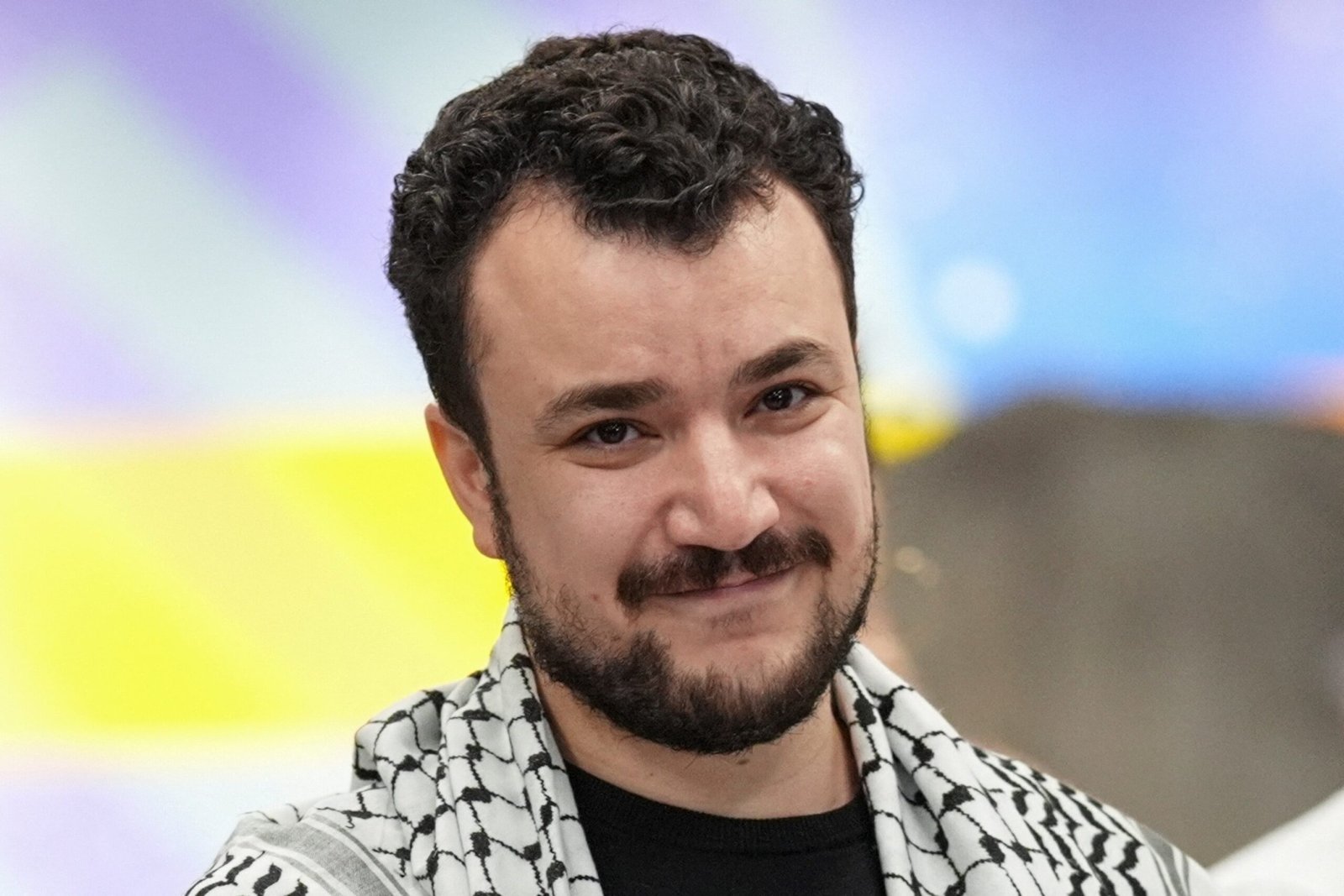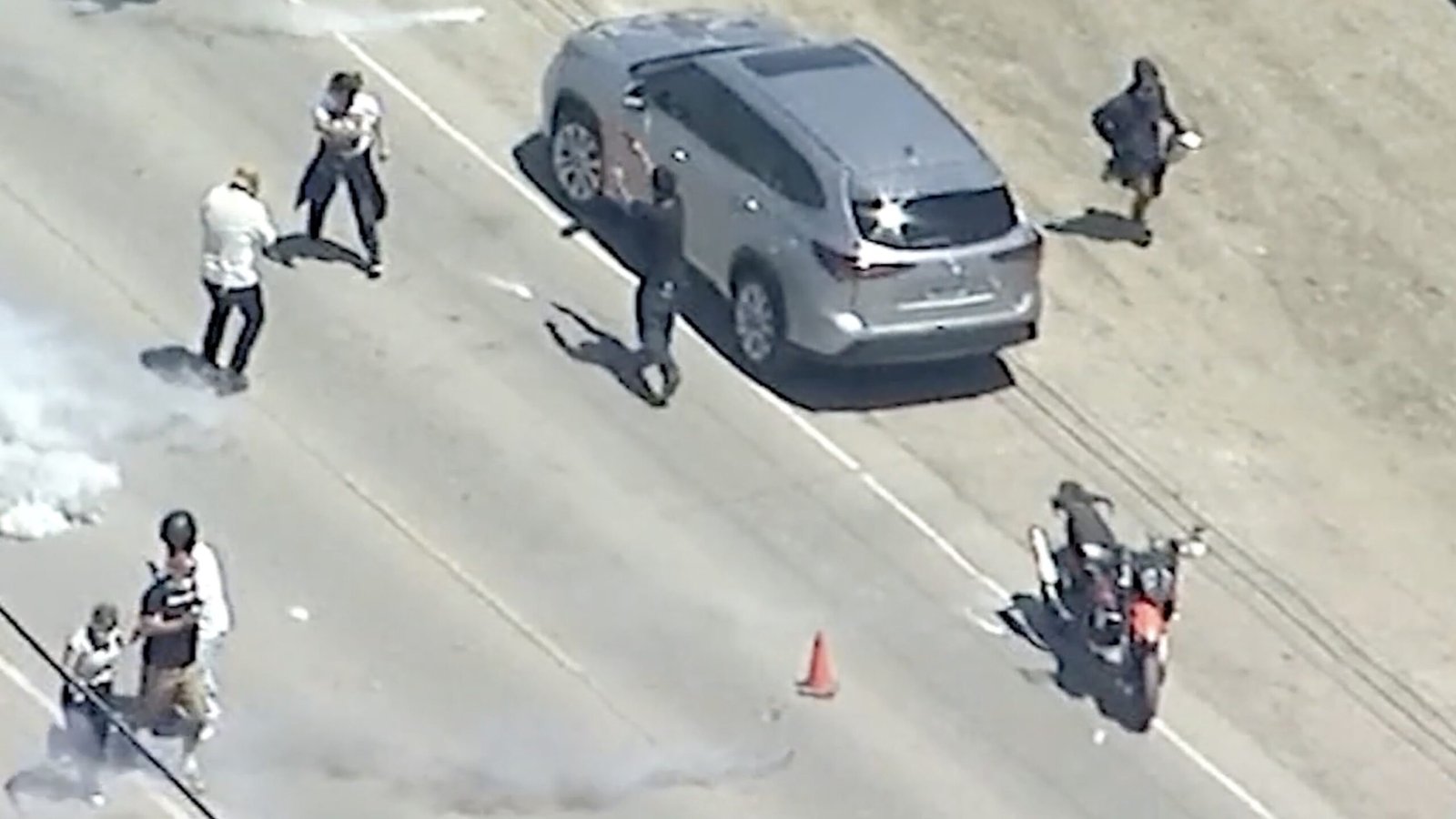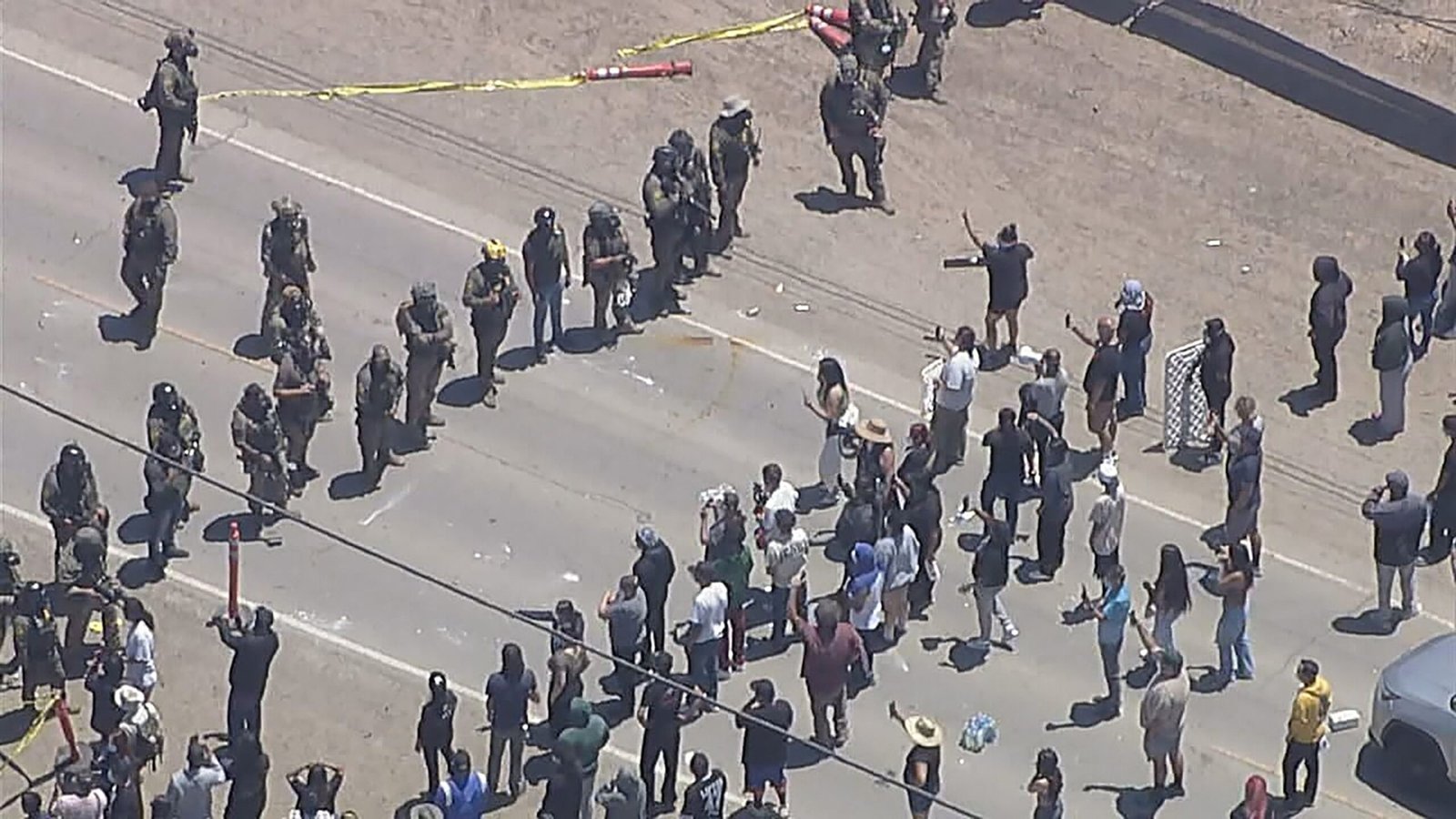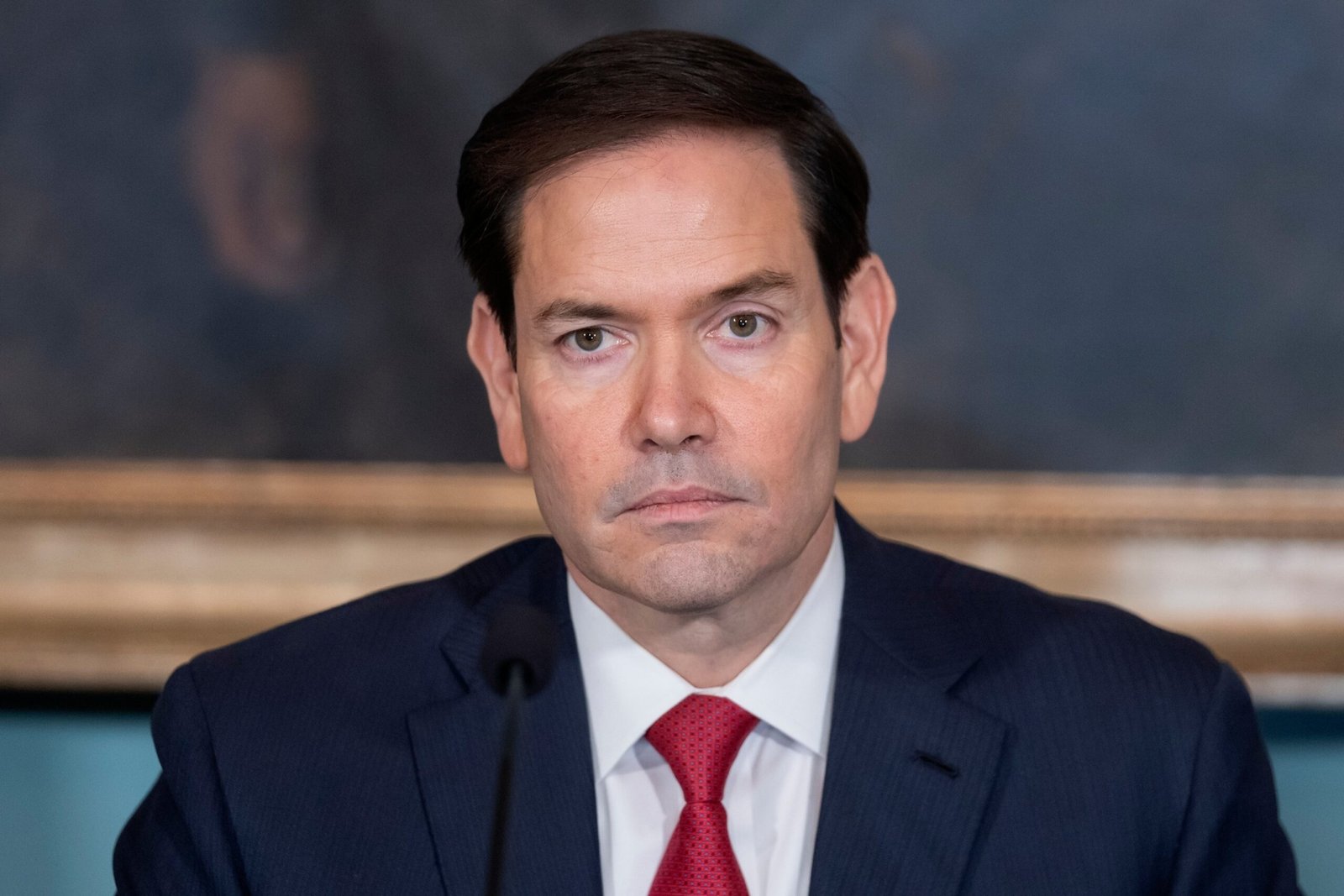Weeks after being released from immigration arrest, Mahmoud Khalil, a key negotiator and spokesman during the protests of the Pro-Palestinian campus of Columbia University, has filed an administrative complaint against the Trump administration that seeks $ 20 million in damages.
Khalil, who was arrested for the application of immigration and customs for more than three months, since the Trump administration pressed for its deportation, alleges a false arrest and imprisonment, malicious prosecution, intentional imposition of emotional anguish and other assumptions.
He complaintA precursor to a federal lawsuit was filed by virtue of the Federal Claims Law of Torth.

The graduated student from Columbia University, Mahmoud Khalil, arrives at Newark Liberty International Airport a day after being released from immigration custody, in Newark, New Jersey, June 21, 2025.
Angelina Katsanis/Reuters
According to the Constitutional Rights Center, the organization that represents Khalil, the Columbia graduate would use the money to “help others to the Trump administration and the University of Columbia.”
In a press release, the organization said: “It would accept, instead of payment, an official apology and abandonment of the unconstitutional policy of the administration.”
Khalil, 30, helped lead and negotiate on behalf of the pro-Palestinian camps that extended in Columbia during the spring of 2024, in the midst of the Israel-Famas War.
Khalil, a green card holder with an American citizen, was arrested by ICE agents in his New York Apartment building in March, the first high-profile pro-palestinian activist to be arrested by ICE during the administration of President Donald Trump, who had promised to “crush” the protests of the campus, calling the ghosts of anti-Semitism.
Khalil was transferred to an ICE installation in Louisiana, while the Trump administration pressed in the court for deportation.
The Trump administration said Khalil was arrested for his supposed support for Hamas, a claim that his legal team has rejected and so the administration did not provide evidence.
In judicial proceedings earlier this year, Secretary of State Framework Rubio, citing a rarely used provision of the law, determined that Khalil should be deported because his continuous presence in the country would represent a risk to the foreign policy of the United States.
An immigration judge in Louisiana initially found Khalil deportable, but a federal judge in New Jersey then issued an order that prohibits the Trump administration from deporting or continuing to stop Khalil on that basis.
Khalil was released from custody on June 20, but the Trump administration continues to seek deportation.

The protesters join in support of Mahmoud Khalil outside the Palace of Justice of Thurgood Marshall, during an audience on the arrest of Khalil, in the city of New York, on March 12, 2025.
Charly triballeau/AFP through Getty Images
Khalil’s complaint also accuses the State Department, the Department of National Security and ICE to make a “arrest of retaliation” against Khalil for its constitutionally protected speech.
“The officials at the highest levels of the United States government publicly lashed out against Mr. Khalil on social networks, falsely labeling it a terrorist sympathizer and an anti -Semitic, derogatory charges designed to destroy the reputation of Mr. Khalil, put it in physical danger and cause an extreme emotional anguish,” the complaint said.
In a statement to ABC News, the assistant secretary of the DHS, Tricia McLaughlin, said the Trump administration acted within its legal and constitutional authority to detain Khalil.
“Mahmoud Khalil’s statement that DHS officials described him as an anti -Semitic and terrified him and his family is absurd,” McLaughlin said in the statement. “It was Khalil who terrified Jewish students on the campus. He ‘described’ himself as an anti -Semitic through his own behavior and rhetoric of hate. It is a privilege to receive a visa or a green card to live and study in the United States of America.”





